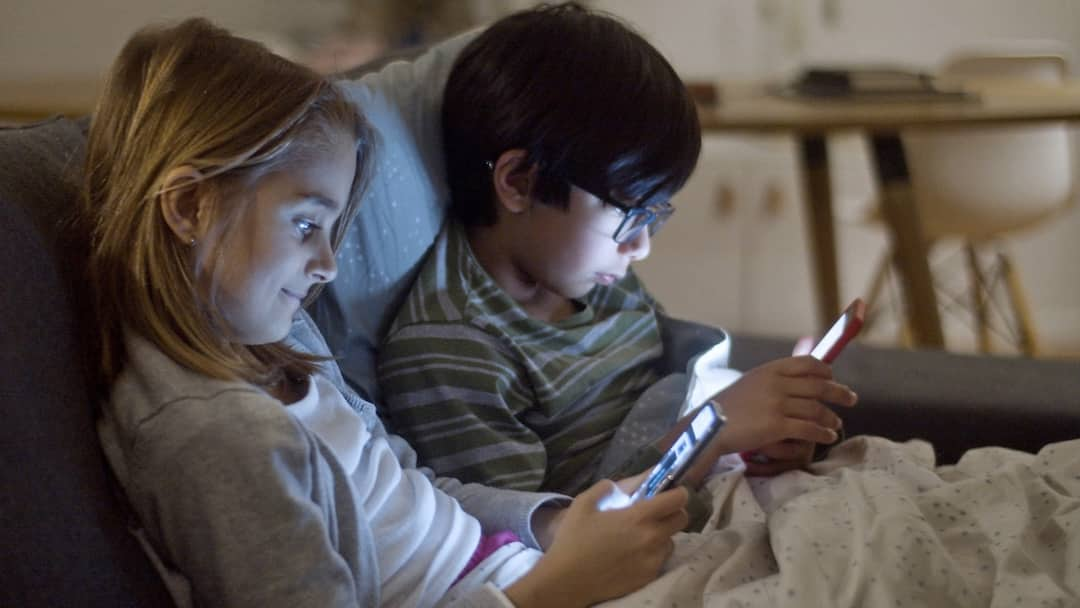(By Dr. Sujit Paul)
The digital childhood era rewrites the rules of growing up. To today’s children, screens aren’t accessories; they are ecosystems in which children play, learn, socialise, escape, and sometimes, unwittingly unravel. Technology itself is neither villain nor hero; however, unfiltered and unmonitored exposure can quietly shape emotional well-being in ways many parents overlook until the signs become impossible to ignore.
ALSO READ: 10 Diabetic-Friendly Meals You Can Enjoy Guilt-Free
When Screens Become Emotional Substitutes
One of the earliest red flags is mood dependency. The exact moment when a kid goes from calm to extremely angry within just a few seconds, simply because he is not allowed to use the device, is a clear indication that he uses the screen as a means for emotional regulation. As useful as screens may be for temporary reduction of states like boredom, stress, loneliness, or frustration, they work against the development of self-soothing and coping abilities when used long-term. With such dependency, kids are offline, either easily irritated, impulsively agitated, or emotionally shut down. Another alarm bell is social withdrawal.
Cognitive And Behavioural Warning Signs
Parents should be aware of a quiet but relentless change in the capacity for attention. Lack of ease with homework, difficulty sustaining attention during a conversation, or needing constant stimulation and rapid jumps between activities may indicate a shorter attention span related to fast-moving digital content.
Another warning symptom is a disturbance in the sleep pattern. Blue light emitted from phones and late-night browsing are the main reasons for delays in melatonin production, thus delaying sleep cycles.
Above all, the most important thing is the emotional impact of online experiences. Children who appear much more self-critical, anxious about appearance, and preoccupied with validation may internalise unrealistic online filters, trends, and popularity economies.
Early Intervention Over Digital Abstinence
The solution is not banning but rebuilding. Parents should introduce screen limits bound with a purpose: learn, create, explore, and not blind consumption. Co-viewing of content, initiation of digital-free routines like meals and bedtime, study hours, and replacing screen time with skills development time, helps in restoring balance. Most importantly, parents must listen without labelling. A child who overshares online may well be underheard offline.
[Disclaimer: The information provided in the article is shared by experts and is intended for general informational purposes only. It is not a substitute for professional medical advice, diagnosis, or treatment. Always seek the advice of your physician or other qualified healthcare provider with any questions you may have regarding a medical condition.]
Check out below Health Tools-
Calculate The Age Through Age Calculator


